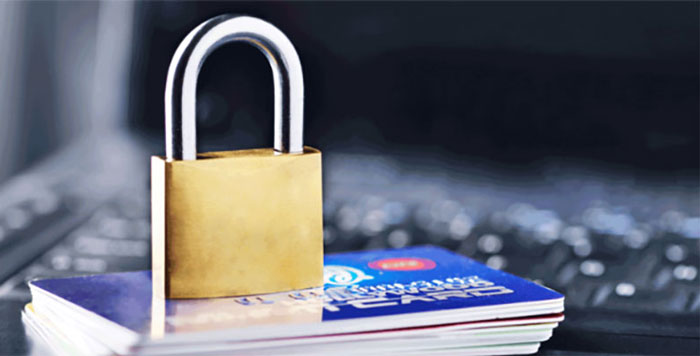
Being aware of how different financial decisions can affect your taxes is essential. is personal loan interest tax deductible The tax deductibility of interest paid on a personal loan is a frequently asked subject. The tax deductibility of interest paid on a personal loan is more complicated than that on a mortgage. Debt consolidation, home remodeling, education, and business startup are common uses for personal loans. However, the interest paid on such loans may or may not be deductible under the tax code, depending on several conditions. This piece is an effort to provide light on whether or not interest on a personal loan qualifies as a tax deduction. It will go into the broad concepts of tax deductibility, investigate the many forms of personal loans, and evaluate the specific instances where personal loan interest may be deductible.
Types Of Personal Loans
is personal car loan interest tax deductible Personal loans are a common way for people to address their monetary needs. It's crucial to understand the nuances between the various loan types before deciding whether or not to deduct the interest you pay on a personal loan. You can divide private loans into three broad categories as follows:
Secured Personal Loans
One secured loan is a personal loan with collateral. The collateral, which might be anything from a car to a house to a savings account, guarantees the lender that they will get their money back if the borrower defaults. The pledged asset reduces the lender's risk, allowing for a lower interest rate on the loan. One example of a secured personal loan is a loan to purchase a vehicle.
Auto Loans
is interest on personal loan tax deductible An auto loan is a secured personal borrowing used to make large purchases like cars. The lender will repossess the vehicle if the borrower defaults on the loan. We will discuss possible exceptions for loans used for business purposes, even if it is true that individuals cannot deduct the cost of auto loan interest for tax purposes in general.
Cash-Out Refinancing Vs
Borrowing against a homeowner's home equity is possible through a home equity loan. Under certain conditions, the interest paid on a home equity loan might be deducted from your taxable income. The interest paid on a home equity loan is generally tax deductible if the money is put towards approved home improvements.
Unsecured Personal Loans

Personal loans that are not backed by collateral are called unsecured loans. Lenders look at a borrower's income, debts, and credit score to establish qualification and interest rates. Credit card debt, personal loans, and installment loans are all forms of unsecured private borrowing.
Personal Lines Of Credit
Borrowers with personal lines of credit can access a set credit limit to be drawn upon as needed. Personal loan or credit card interest is not usually tax deductible.
Credit Card Debt
One example of an unsecured loan is credit card debt. Credit card interest is not tax deductible in the majority of cases.
Personal Installment Loans
Borrowers of personal installment loans receive a lump sum paid back in equal monthly installments over a set period. Generally, the interest paid on a personal installment loan is not a tax write-off.
Loans For Home Equity

There are special tax considerations related to home equity loans that warrant highlighting. Homeowners can use the equity in their homes to secure a loan, much like a traditional mortgage. Home equity loan interest may be tax deductible if you meet the requirements. Home equity loan interest is no longer tax deductible as of the enactment of the Tax Cuts and Jobs Act (TCJA) in 2018. Interest can only be deducted from the degree spent to acquire or improve the principal residence under the TCJA.
For exact specifics on whether or not home equity loan interest is tax deductible, it is required to consult tax professionals or current tax legislation. The first step in determining whether or not interest paid on a personal loan is tax deductible is to get familiar with the various forms of unsecured credit available. In this article, we'll go into what qualifies as a personal loan and how to claim a tax deduction for the interest you pay.
Conclusion
Personal loan interest deductibility is contingent upon several circumstances, including the loan's intended use and current tax regulations. Personal loan interest is often not tax deductible when used to pay for non-business purposes, although there are exceptions. Tax breaks may be available when using the proceeds from a secured personal loan, such as a home equity loan, to make suitable modifications to your primary residence. There are, however, restrictions and caveats, so it's best to check with tax experts or current tax legislation to be sure you're in the clear. Loans for business expenses, investments, school costs, and medical costs that meet specific criteria may qualify for tax breaks. These exemptions are conditional on fulfilling particular requirements and following applicable tax rules.


